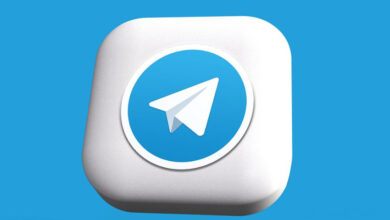Apple Set to Open iOS Gates for Third Party App Stores

In a significant move, Apple is preparing to usher in a new era for iOS by allowing third-party app marketplaces and apps onto its platform within the European Union (EU). The company has taken concrete steps in this direction, evident in the release of iOS 17.4 beta versions of the upcoming update that introduce support for alternative marketplaces.
To facilitate this shift, Apple has updated its App Store Connect and TestFlight apps, signaling its readiness to onboard developers from third-party marketplaces. This move aims to empower developers within the EU to contribute to the iOS ecosystem, marking a departure from Apple’s historically closed app distribution model.
The changes to the App Store Connect app enable developers to include their marketplaces, providing them with functionalities to monitor app sales and downloads, respond to App Store reviews, receive notifications for new reviews, and more. Similarly, adjustments have been made to the TestFlight app, allowing developers to beta-test new features before their official release.
However, before alternative marketplaces can integrate into the iOS ecosystem, developers must adhere to Apple’s business terms and undergo the notarization process. Apple has instituted a core technology fee, charging both marketplaces and apps based on the number of installations. For third-party marketplaces, the fee is set at EUR 0.50 per install, with apps incurring the same charge after reaching one million installs.
The notarization process is crucial as it serves to validate the legitimacy of third-party apps, helping Apple ascertain whether an app is potentially malicious or not. While this is a vital step for user safety, concerns have been raised about Apple potentially exploiting this process to disadvantage competing apps and marketplaces.
Tim Sweeney, CEO of Epic Games, has been vocal in expressing dissatisfaction with Apple’s approach. In a statement on X (formerly known as Twitter), Sweeney criticized the payment structure based on installations as a “junk fee” and raised objections to Apple leveraging the notarization process to stifle competition and maintain control over transactions in which they are not directly involved.
As Apple takes strides towards a more open iOS platform in the EU, the tech community watches closely, evaluating the potential impact on competition and user experience within the iOS ecosystem.

